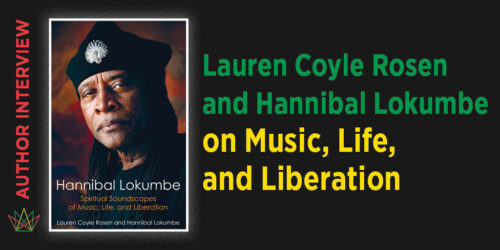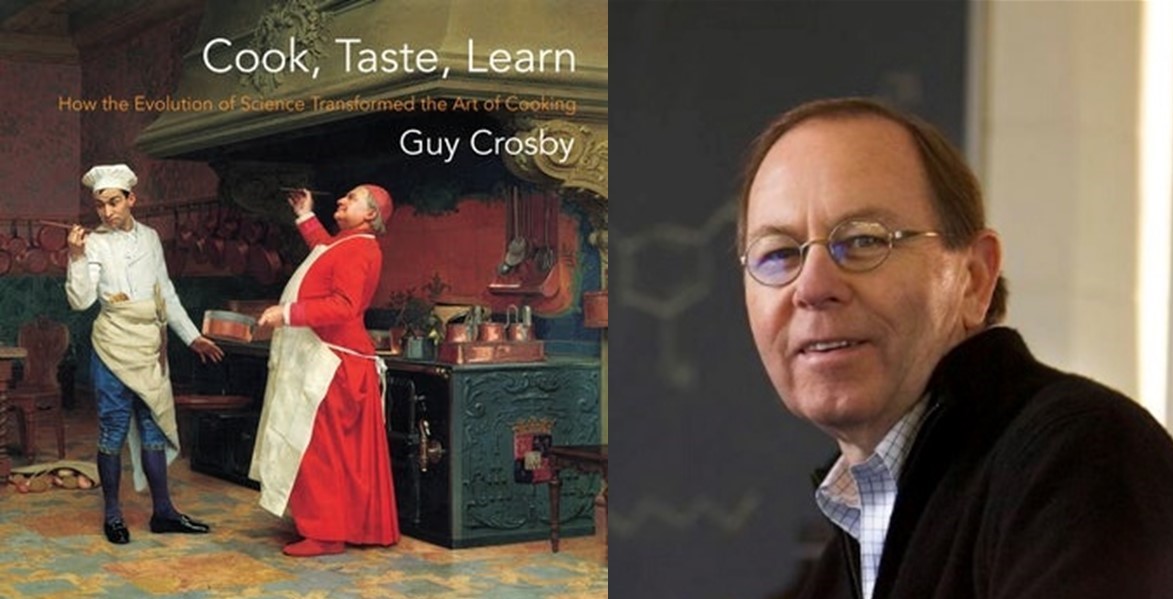Interview with Elliot R. Wolfson on his new book "Open Secret"

Mixed Multitudes, a blog on MyJewishLearning, has posted an interview with Elliot Wolfson, most recently the author of Open Secret: Postmessianic Messianism and the Mystical Revision of Menahem Mendel Schneerson.
In the interview Wolfson answers questions about Jewish mysticism and philosophy and the relationship between the two. Here are some excerpts from the interview:
How do you define Jewish mysticism and Jewish philosophy? What’s the relationship between them?
Both Jewish mysticism and Jewish philosophy are complex and multifaceted phenomena that cannot be easily defined. In general terms, however, we could demarcate mysticism as an intensified path (encompassing both ritual and knowledge) that facilitates the individual’s communion with or direct experience of what is considered in a particular cultural context to be ultimate reality, whereas philosophy is the pursuit of knowledge and truth about the world and the human through the mediated exercise of reason and logical argument (even irrationality is examined philosophically through the prism of the rational).
Moses of Burgos, a kabbalist active in the second half of the 13th century, famously said that the kabbalists stand on the head of the philosophers. This statement underscores the intricate relationship between the two worldviews, marking the point of their convergence and divergence. In my own scholarly practice, I have elicited mystical elements from philosophical works and philosophical insights from mystical sources.
What drew you toward this field?
I was raised in an Orthodox environment and thus was exposed to Jewish practices and texts from the time I was a small child. As a teenager, I started to read Hasidic sources, especially Habad and Bratslav, and through them I had my first encounter with the mystical dimensions of Judaism. In college I pursued the study of philosophy and started to become interested in Hindu and Buddhist sources, which led me to the intense study of Jewish mysticism. To this day, my work on Jewish mysticism reflects both my philosophical training in phenomenology and hermeneutics and my interest in Asian religions.
What are the most pressing questions that remain to be answered by scholars of Jewish mysticism and philosophy?
There are still dozens of texts buried in manuscript, so in some sense we are still charting out the different contours of the fields, especially in the case of Jewish mysticism. One of the most important issues to be explored is the relationship between the philosophical and the mystical approaches. The 19th-century pioneers of the critical study of Judaism bifurcated these disciplines and, to a great extent, they still are treated as separate. The most pressing question for the future is to determine to what extent this bifurcation is an accurate reflection of the past. I would also say that it is necessary to cultivate a comparative approach that does not neglect the specificity of each tradition but also is open to lines of commonality. As I write in the preface to Open Secret, my hermeneutic belief is that “by digging into the soil of a specific cultural matrix one may uncover roots that lead to others.”



